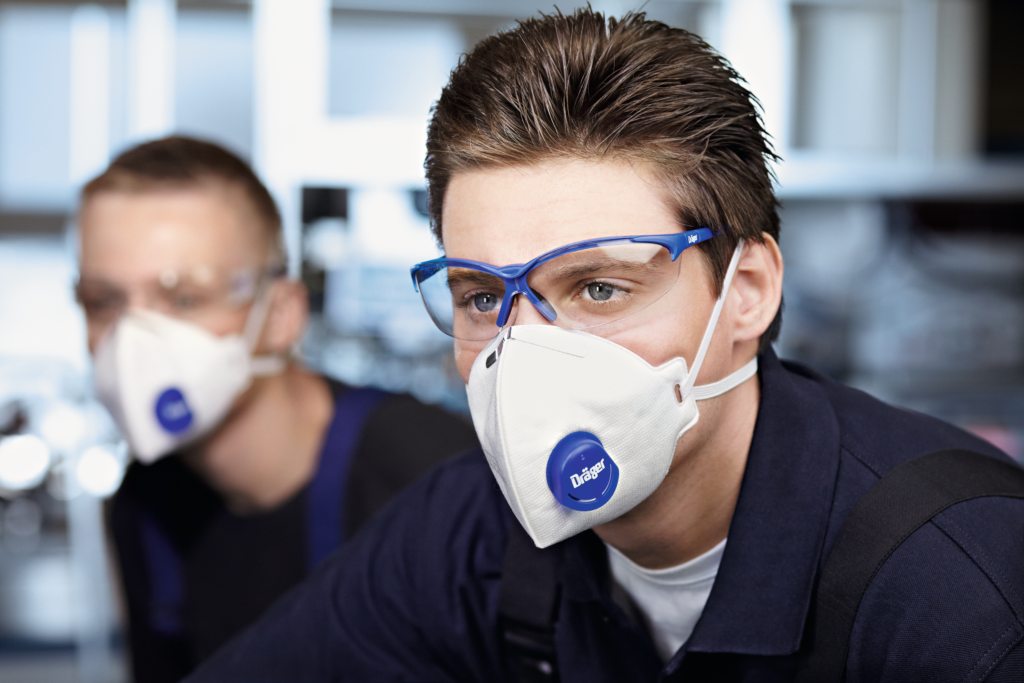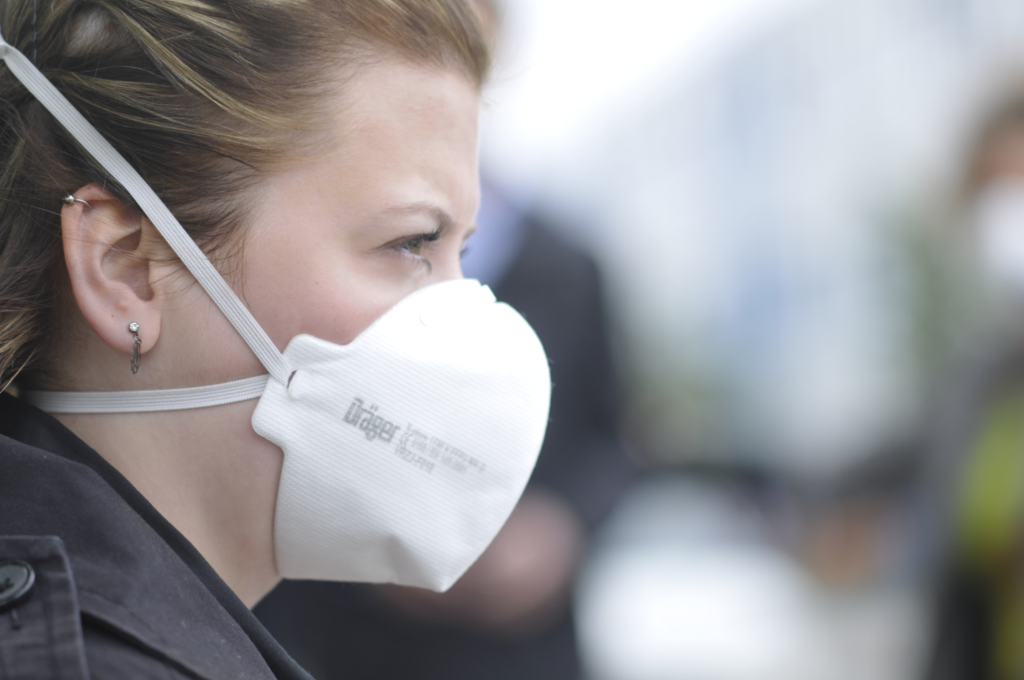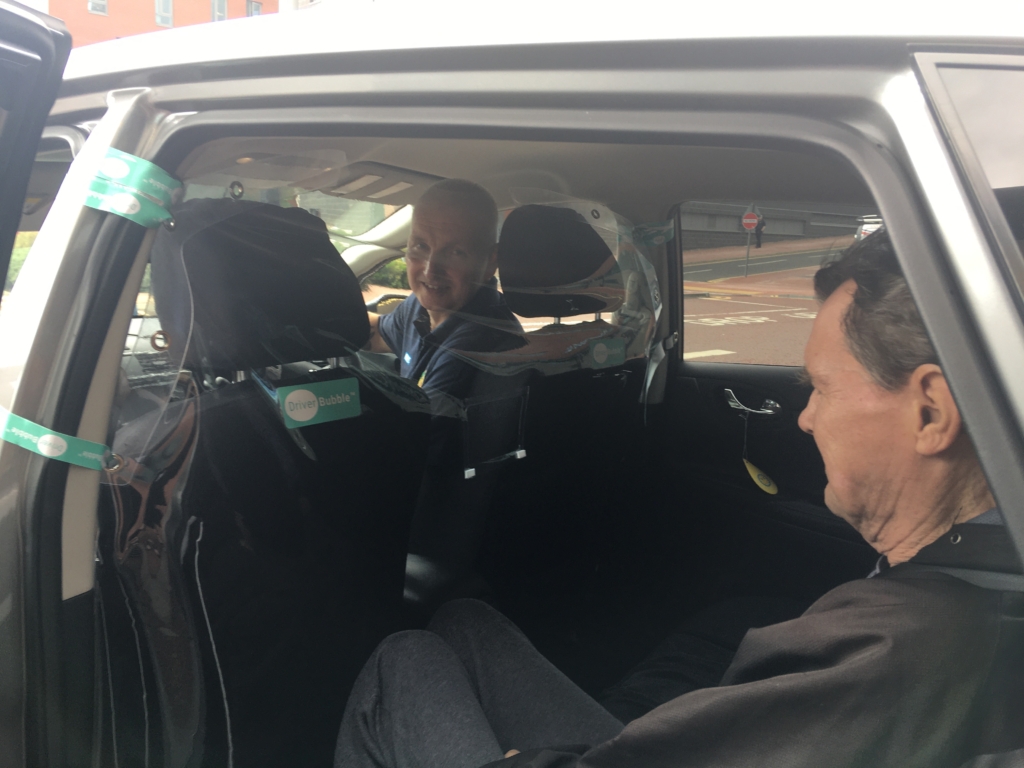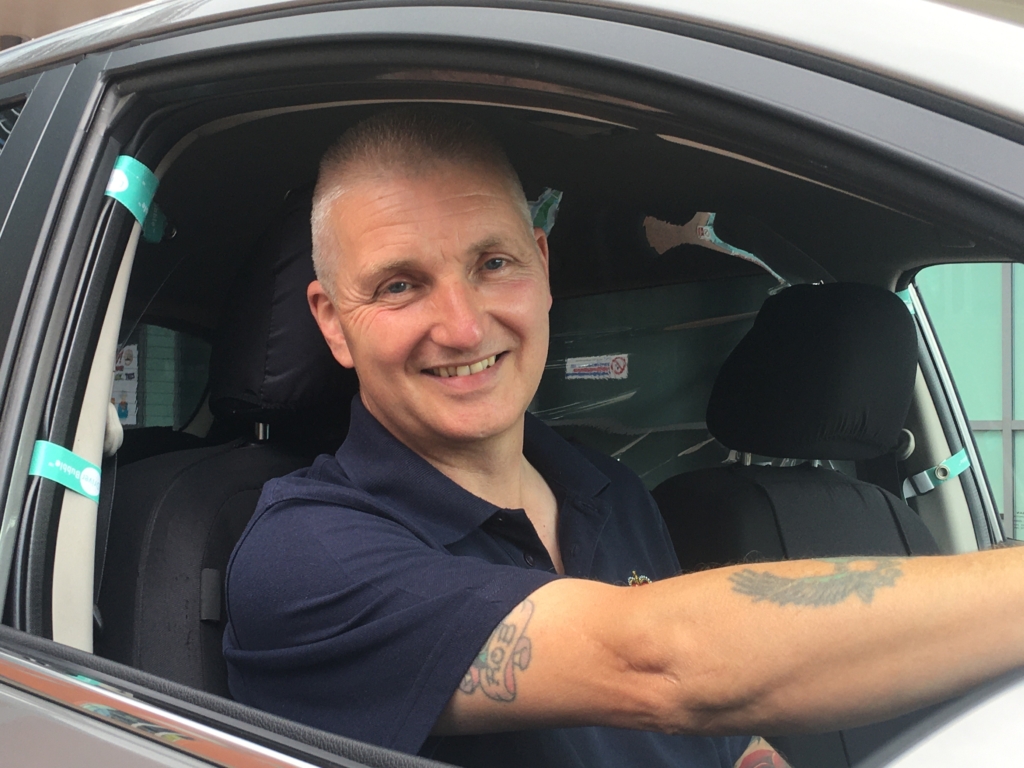Dräger Expands Capacity For Respiratory Masks As It Sets Up Production Facility In UK
Dräger has received an order from the British government to deliver respiratory protection masks (FFP3) in order to help protect emergency health professionals on the frontline as they continue to respond to the Coronavirus Pandemic.
With provision starting this year and lasting right up until the end of 2021, the expected net profit of sales is expected to reach roughly EUR 100 million.
In a bid to stimulate more economic activity within the UK, Dräger has decided to keep production in the Blyth area of Northumberland, where it has had a development and production site for respiratory protection technology for firefighters and industry for over 50 years.
In addition to the existing production network in Sweden and South Africa, and the recently decided new production sites in France and the US, this means that there will be a considerable percentage of high quality respiratory protection masks available on the market for emergency health care professionals, manufactured by a company with a long history of expertise within that specific industry.
The investment into the expansion of production capacities across all five production sites will require a mid-double-digit million euro amount in the 2020 financial year.
Rainer Klug, Chief Officer of Safety Division at Dräger said: “We are very pleased about the major order from the British government.’
“It gives us the opportunity to expand our international production network for FFP masks. With this additional production unit, Dräger will increase volumes quickly and flexibly.’
“Our international production network enables us to react very quickly and specifically to national or local requirements on the one hand, and to cover international requirements in a closely networked and flexible manner on the other.’
“Dräger thus operates a highly responsive manufacturing system for certified FFP respiratory protection masks, with a product design originating from our own development in Germany”.
Quality content
- Casinos Not On Gamstop
- Casinos Not On Gamstop
- Casino Sites Not On Gamstop
- Non Gamstop Casino
- UK Online Casinos Not On Gamstop
- Casino Sites Not On Gamstop UK
- Casino Sites Not On Gamstop
- Games Not On Gamstop
- Sites Not On Gamstop
- UK Online Casinos Not On Gamstop
- Casino Not On Gamstop
- Slots Not On Gamstop
- Casino Not On Gamstop
- Gambling Not On Gamstop
- Casinos Not On Gamstop
- Non Gamstop Casino
- UK Online Casinos Not On Gamstop
- Casino Sites Not On Gamstop
- Best Betting Sites
- Best UK Online Casinos
- New Horse Racing Betting Sites







